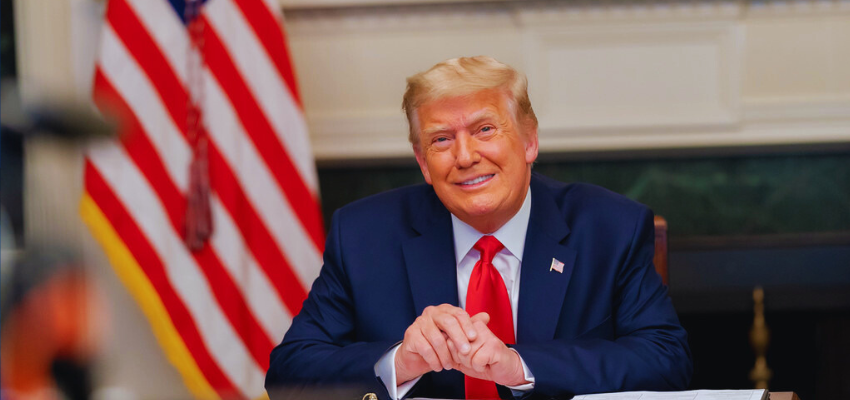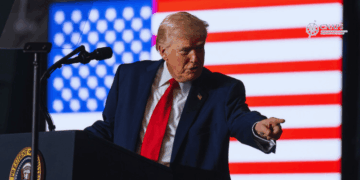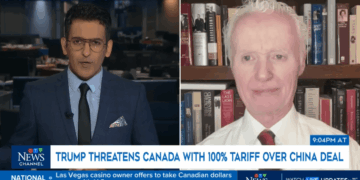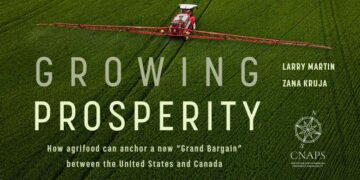This article originally appeared in Foreign Affairs. Below is an excerpt from the article.
By Jonathan Berkshire Miller, February 5, 2025
Earlier this week, it appeared as if the Trump administration was going to follow through on its threat to impose a sweeping 25 percent tariff across the board on Canadian exports to the United States. Canada owes the United States “a lot of money, and I’m sure they’re going to pay,” President Donald Trump claimed. “We may have, short term, some little pain, and people understand that. But long term, the United States has been ripped off by virtually every country in the world.” Ottawa was sent scrambling for a response and announced a set of retaliatory tariffs, targeting $150 billion on an array of U.S. products, including appliances, machinery, and agricultural goods. “Tariffs against Canada will put [U.S.] jobs at risk, potentially shutting down American auto assembly plants and other manufacturing facilities,” warned Canadian Prime Minister Justin Trudeau.
After a series of calls with Trump, however, Trudeau was able at the last moment to secure a 30-day pause on tariffs. (Mexico, which faced a similar threat from Trump, also won a reprieve.) In exchange, Trudeau offered a suite of measures to shore up the Canadian border, including a variety of previously announced investments on increased manpower and surveillance capabilities aimed at curbing illegal immigration and combating the flow of fentanyl.
The pause is good news, especially for Canadians, who would have suffered immediate economic harm had Trump followed through. But in other ways, the damage is already done. Trump’s decision to penalize a neighbor, an ally, and one of the closest economic partners of the United States in a manner more commonly reserved for adversaries is an unprecedented move that signals a fundamental shift in Washington’s approach to alliances. The treatment he has doled out to Canada is a harbinger of what is to come for U.S. allies in Europe and Asia. In recent days, Trump has chastised Taiwan for its trade surplus with the United States and warned the European Union that tariffs could be “coming soon.”
The Trump administration’s doctrine of brute-force economic coercion—executed through tariffs, executive orders, and the wielding of Washington’s financial hegemony—threatens to transform transatlantic and Indo-Pacific relationships into almost purely transactional affairs. The results will hurt everyone involved—and help American adversaries such as China and Russia. In the short term, the most pragmatic approach for Canada (and other U.S. allies, as their turns come) is to respond to Trump’s threats in a calibrated and clear-headed manner. This is easier said than done, however, as domestic politics often incentivize responses driven by pride or nationalism. Canadians and others must resist the temptation to lash out. Countermoves and retaliation are necessary, but overreactions will only hurt Canada’s economic and security interests in the long run.








